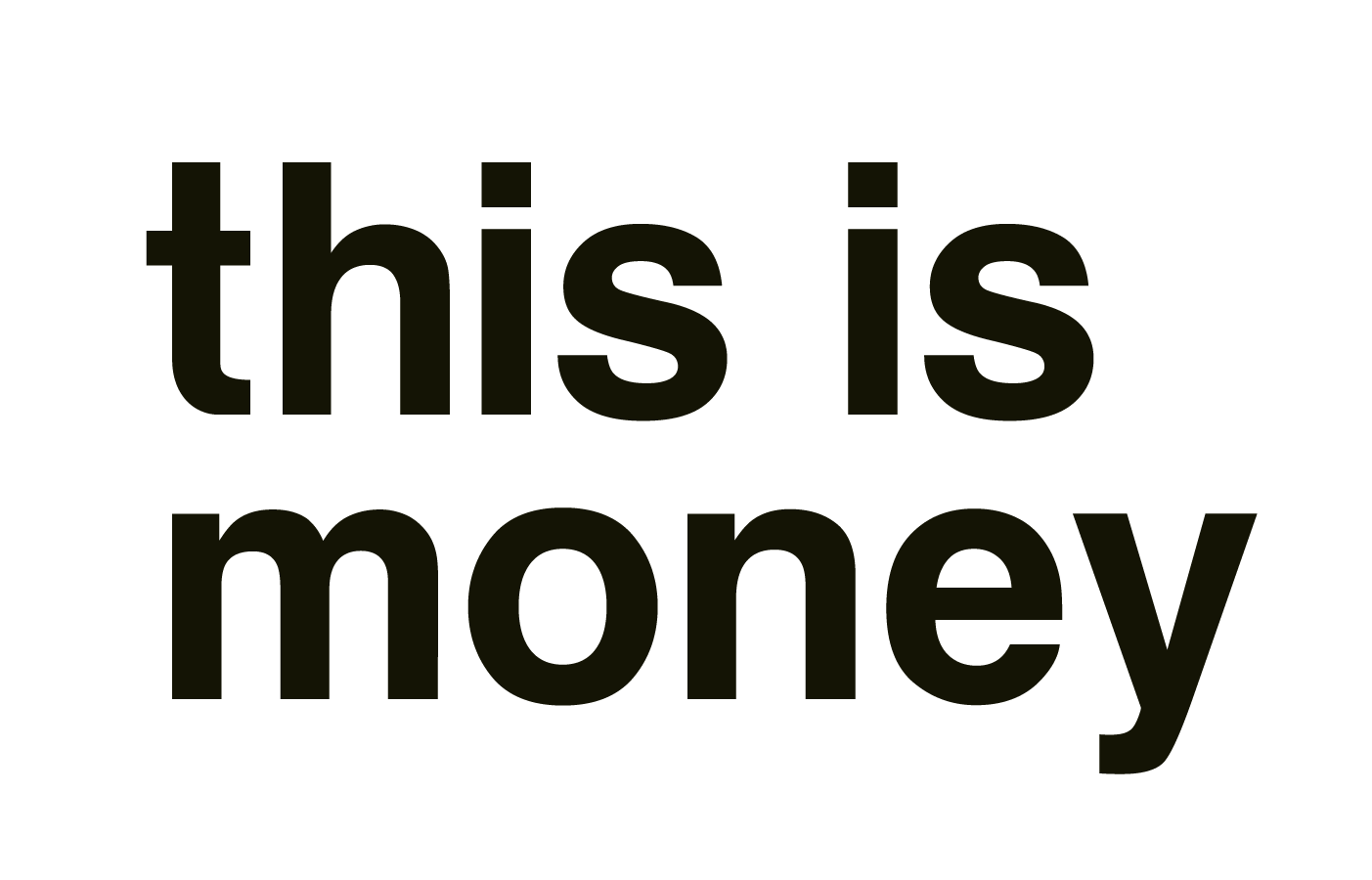How to achieve your peak performance
We had a chat with Vanessa Bennett – Performance Mastery Coach, CEO and Co-Founder of Next Evolution Performance. Have a read of her tips below and listen to episode 251 where she shares her amazing insight!!
Talk to us about energy credits. How do we measure them? How do we identify what drains us and energizes us? Any tips and tricks for implementing energy hacks in our daily life? How do you avoid situations where your energy credits may be depleted? What if you’re in a job or situation that depletes your energy?
Treat energy credits like they are little nuggets of gold. And at your best you have 100 energy credits. If not at your best you have less. So imagine what 100 would feel like for you first, then start to think how many energy credits certain tasks take. And it’s different for everyone. For some people cooking dinner might give them energy credits, for me I lose 50 energy credits just thinking about cooking dinner - therefore I don’t cook. Once you start being conscious of your energy credits you can make better decisions about what is worthy of energy credits and what isn’t. If you’re in a job that completely depletes your energy – either get a new job or a new mindset. Life’s too short!
You talk a lot about neuroplasticity, what are some practical ways that we can rewire or consciously control our thoughts? Do you have any quick tips to help us implement this?
First step is to acknowledge when you have a negative thought. Most people have so many negative thoughts it becomes automated and they don’t even realise they are having them. So once you are aware of them, you can then make a choice as to whether that thought is worthy or not. Basically, is it serving your goals. If not, choose to change the thought.
What impact does gratitude have on our brains? Tell us about the #crushinglife initiative.
Your brain is like a muscle. Being consciously grateful is like a little bicep curl to strengthen your positivity muscle. The stronger this muscle gets, the more able you are to deal with things that maybe aren’t so great when you need to. And your brain can’t distinguish between something that’s really massively awesome and something that you just choose to believe is really massively awesome. #crushinglife is where you choose to get excited about the tiniest things as though they are massive to help build positive neural pathways. It all started when I was on holidays with one of my great friends and we got excited about dumb things like being able to find our favourite brand of almond milk or having a really great meal, and basically just appreciating the little stuff. Try it for even a week – you’ll feel a difference. I still do it every day – great brain training!
Talk to us about the difference between time management and energy management? Why do you think this is such an important shift for millennials in achieving success?
Energy management is about making sure that you don’t overspend your energy credits. And in terms of hard cognitive load that our brains can handle – it’s only about 4-6 hours a day so you really need to make sure you match your tasks with your cognitive energy. And if you manage your energy properly, you will create more effective time in your day. For example, you may only spend 15 minutes doing a task but if that’s 20 energy credits and you rinse and repeat that 5 times, you won’t be overly effective after an hour or so. A new plan is required. It’s super important for millennials to achieve success as you have plenty of other things you want to achieve in life – no point being burned out by the time you’re 40!
Do you have any daily habits that have helped your mindset?
Use energy credits very wisely. Only hang out with people who support your journey to success.
How does your mental game affect your financial life?
It helps you to make smart decisions rather than purely emotional decisions around money. You are more likely to stick with your financial plan.
How do you approach recovery time? What role does recovery time play in your productivity plan?
Recovery time is a huge part of any productivity plan. Just like athletes know that they need recovery in order to then train harder, it’s the same in our day to day. Recovery is going to happen anyway – the only difference is whether it’s a forced recovery e.g. you get sick or a managed recovery when you pull back, work on lighter things, or take some time off altogether. Personally I’d rather spend my recoveries being healthy rather than being sick.
Can you tell us 3 books or resources you’d recommend for further learning?
My book when I write it :) Our energy credit mastery system is quite unique and a beautiful amalgam of the intersection of neuroscience and psychology in a super easy to implement way. But in the meantime, 3 of my favourite books are: “Why We Sleep” by Matthew Walker – you’ll never want to skip out on sleep again after you read this book. “The Obstacle is the way” by Ryan Holiday. In our speak, take responsibility for yourself and stop spending energy credits focusing on why something can’t be done and spend them on figuring out why it can be done. And “Deep Work” by Cal Newport. Some good tips on how to manage your cognitive energy.





